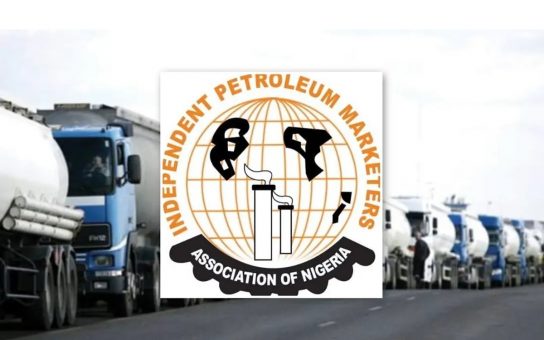
The Independent Petroleum Marketers Association of Nigeria (IPMAN) has attributed the recent drop in the price of Liquefied Petroleum Gas (LPG), commonly known as cooking gas, to the decline in the cost of Premium Motor Spirit (PMS), or petrol.
A market survey across Abuja shows the price of refilling a 12.5-kilogramme cylinder of cooking gas has decreased from N17,500 to N16,250. This translates to a new rate of N1,300 per kilogramme, compared to N1,400 last month.
At various filling and gas stations within the Federal Capital Territory, 1kg of LPG is now sold for between N1,050 and N1,150, down from the previous N1,200 to N1,400 range, depending on the location.
In Lagos State, prices have also dropped, with a 12.5kg cylinder now costing approximately N13,750 as of April 2025 — a notable reduction from the N17,283.58 recorded in November 2024, according to National Bureau of Statistics data.
The downward trend extends to other states, including Edo, Delta, and Niger, where consumers are saving at least N1,000 per refill, whether for 12.5kg cylinders or smaller quantities.
This development follows a recent adjustment in petrol pricing by the Nigerian National Petroleum Company Limited and major retail partners, with prices dropping to between N910 and N950 per litre, from previous rates of N940 to N970.
Explaining the connection, IPMAN spokesperson Chinedu Ukadike noted that LPG and petrol often serve as alternative energy sources in Nigeria’s downstream sector.
“When petrol was expensive, many consumers turned to gas as an alternative for powering generators. With petrol prices now falling, demand for LPG has declined, prompting marketers to adjust prices accordingly,” he explained.
Ukadike highlighted that deregulation in the sector has allowed market dynamics to influence prices naturally, benefiting consumers and creating competitive pricing among energy sources.
He added that further reductions in gas prices are possible in the coming months, depending on international pricing trends and the exchange rate.
Nigeria currently consumes around 1.4 million metric tonnes of LPG annually. With 600,000 tonnes produced locally and 800,000 tonnes imported, the current average price structure suggests that Nigerians will spend an estimated N1.82 trillion yearly on cooking gas — a reduction from N1.96 trillion.
Comments